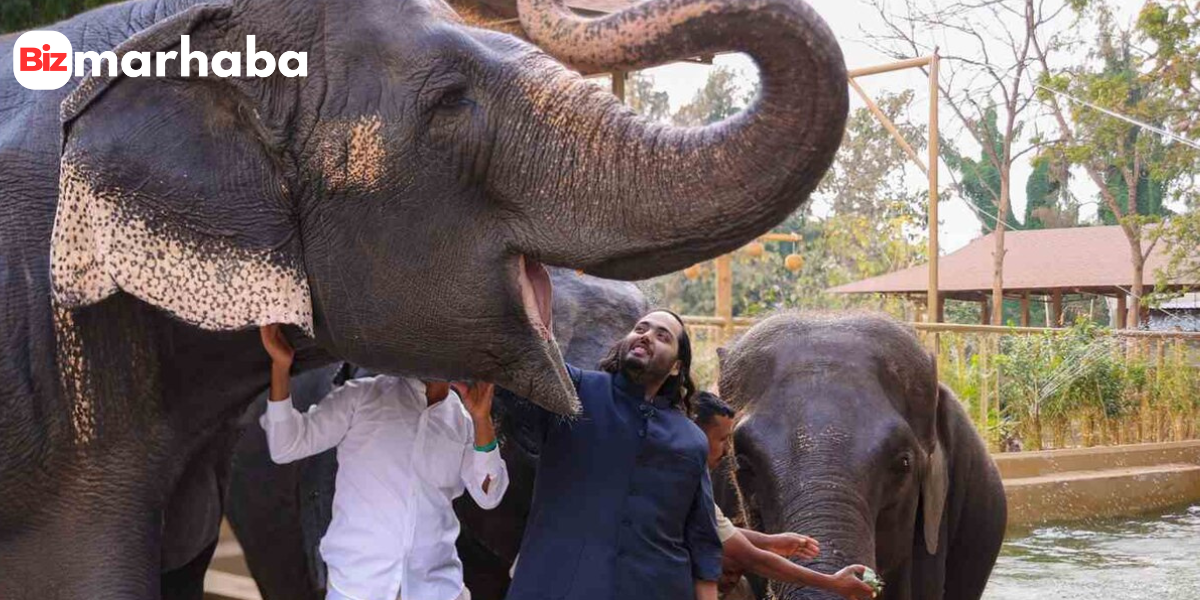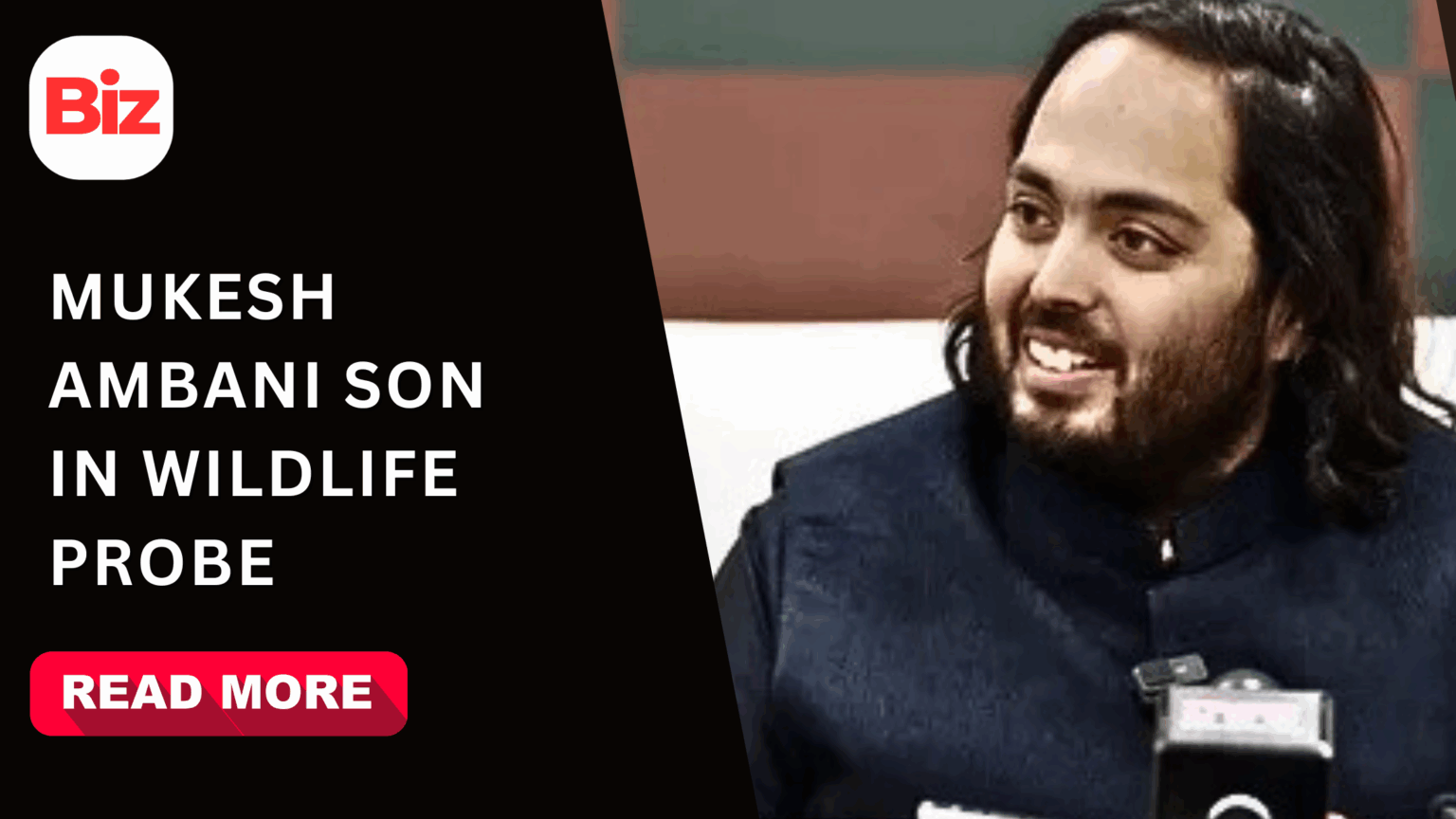Anant Ambani’s wildlife centre, Vantara, following allegations of animal mistreatment and illegal acquisitions. The case is drawing global attention because it tests how strictly Indian regulators enforce conservation laws against powerful private players.

Court Orders Independent Probe
The Supreme Court appointed a retired judge to lead an inquiry into Vantara’s operations. Activists claim animals were imported from foreign countries without mandatory approvals, raising questions about whether the facility is a genuine rescue project or a private zoo.
The Central Zoo Authority has been asked to explain its oversight role. The court said India’s wildlife rules cannot be bypassed, even by elite-backed initiatives.
Inside Vantara: Ambition Meets Scrutiny
Spread across 3,500 acres in Jamnagar, Gujarat, Vantara is described as one of the largest private animal conservation facilities in the world. The centre houses over 150,000 animals from more than 2,000 species. It boasts the world’s largest elephant hospital and has been praised for rescuing injured wildlife.
Critics, however, allege that rare animals such as zebras, giraffes, and exotic birds were transferred from countries including Venezuela, UAE, and the Democratic Republic of Congo without the required clearances. These claims, if proven true, would violate several provision of wild life protection act are being examined by the court.
Celebrity Spotlight and Ethical Questions
The centre gained major publicity during Anant Ambani’s pre-wedding events, where international guests attended themed celebrations with a “jungle fever dress code.” Conservationists argue this spectacle distracted from the facility’s stated mission of wildlife rescue and rehabilitation.
Regulatory Bodies Under Pressure
Petitions accuse the Central Zoo Authority of ignoring licensing irregularities and failing to enforce proper documentation, including mandatory 38H permissions for elephant transfers. The Supreme Court stressed that transparency is crucial to maintain public trust. The investigation panel will submit its findings by mid-September.
Vantara’s Response
Vantara has denied wrongdoing, stating that all animals were acquired legally and with proper documentation. In its official statement, the centre said it “will extend full cooperation with the investigation” and remains committed to global standards of wildlife care.
Why This Case Matters
The probe highlights how high-profile conservation projects must still answer tough legal and ethical questions. Mukesh Ambani son, Anant Ambani, who developed Vantara as a personal passion project, the inquiry could shape both his public image and India’s approach to privately funded conservation.
Conclusion
The case surrounding Vantara shows that India’s wildlife laws apply to everyone — including its wealthiest citizens. The outcome will test whether private conservation projects can balance ambition, transparency, and animal welfare under strict regulatory scrutiny.
FAQs
1)-What is the controversy around Mukesh Ambani son’s wildlife centre?
Allegations include illegal import of exotic animals and inadequate welfare standards. The Supreme Court has ordered a judicial inquiry.
2)-What action is the Central Zoo Authority taking?
The Central Zoo Authority has been directed to cooperate fully with the investigation and explain any lapses in licensing oversight.
3)-What are the provisions of the Wildlife Protection Act relevant here?
The court is reviewing if any provision of wild life protection act are being violated by unauthorized transfers of elephants and exotic species.
4)-What is the Jungle Fever dress code at the centre?
During pre-wedding celebrations, high-profile guests wore a themed “jungle fever” dress code, which critics say turned a conservation project into a luxury spectacle.








